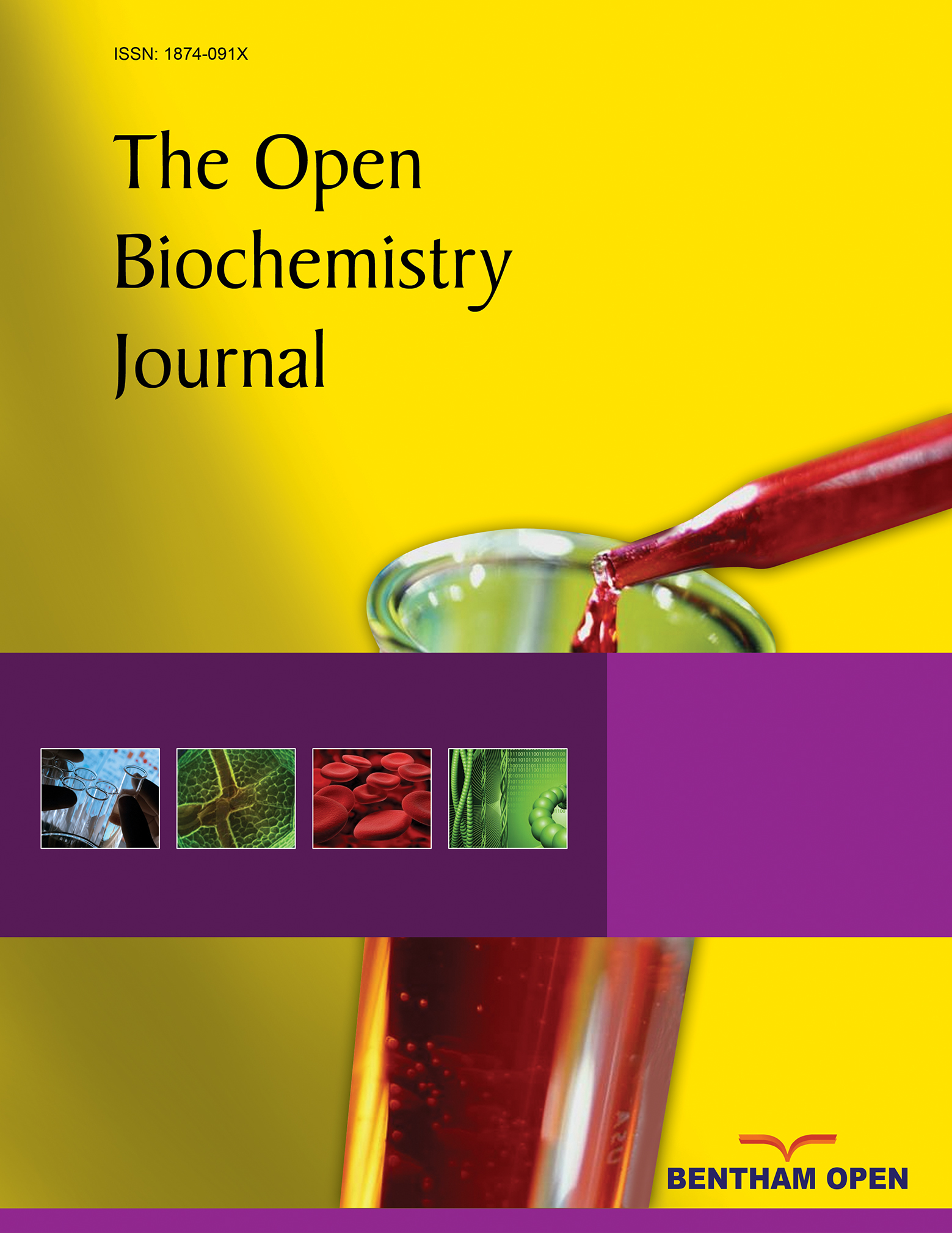Certain Diet and Lifestyle May Contribute to Islet β-cells Protection in Type-2 Diabetes via the Modulation of Cellular PI3K/AKT Pathway
Abstract
PI3K/AKT pathway has been shown to play a pivotal role on islet β-cell protection, enhancing β-cell survival by stimulating cell proliferation and inhibiting cell apoptosis. Accordingly, this pathway appears to be crucial in type-2 diabetes. Understanding the regulations of this pathway may provide a better efficacy of new therapeutic approaches. In this review, we summarize advances on the involvement of the PI3K/AKT pathway in hypothetical intra-cellular signaling of islet β-cells. As recent findings may show the nutritional regulation of the survival pathway in the islet β-cells through activation of the PI3K/AKT pathway, we also review studies on the features of several diets, correlated lifestyle, and its signaling pathway involved in type-2 diabetes. The molecular mechanisms contributing to the disease are the subject of considerable investigation, as a better understanding of the pathogenesis will lead to novel therapies against a condition of the disease.


